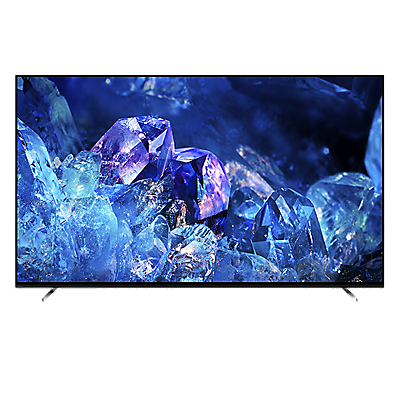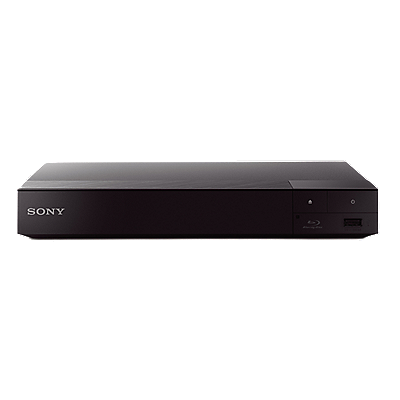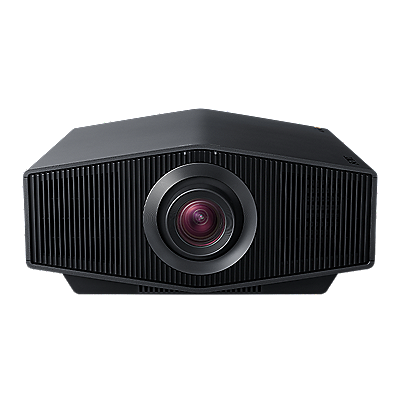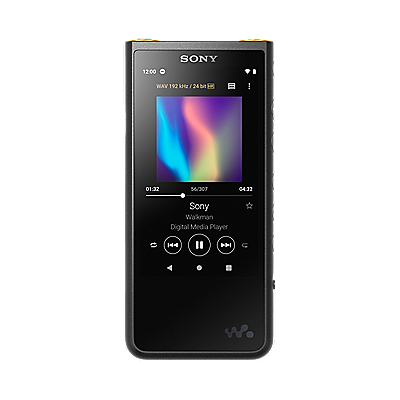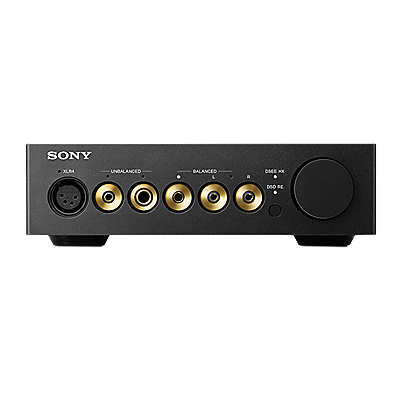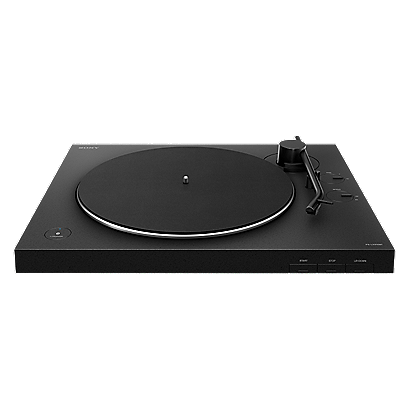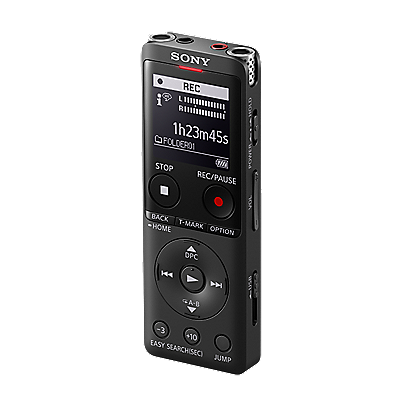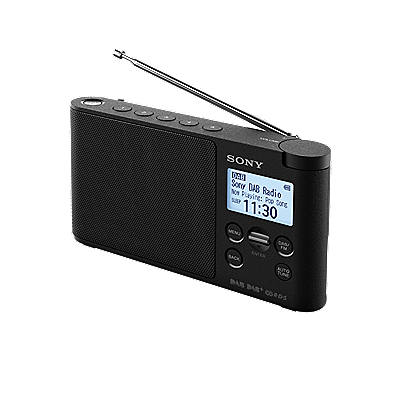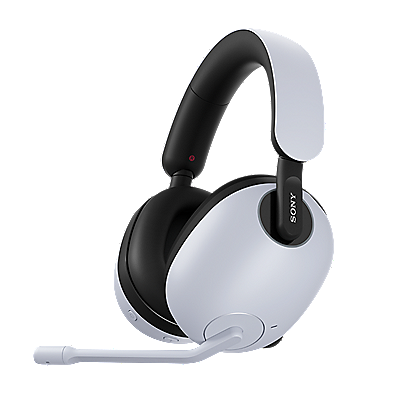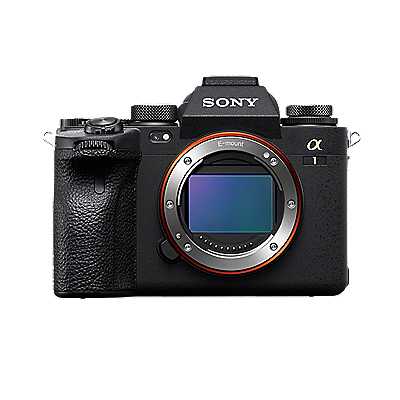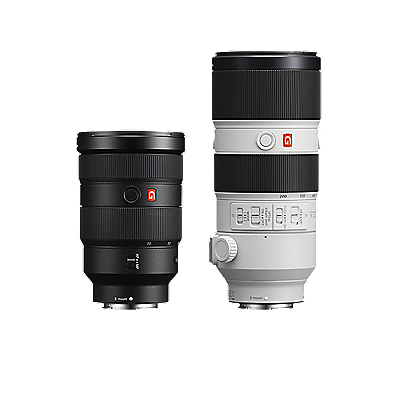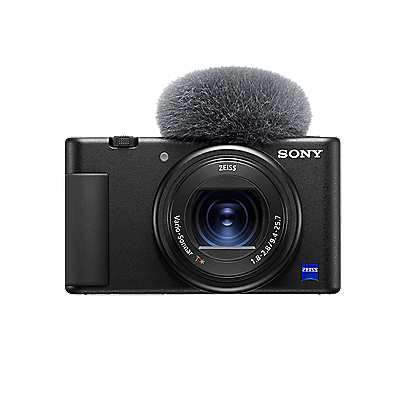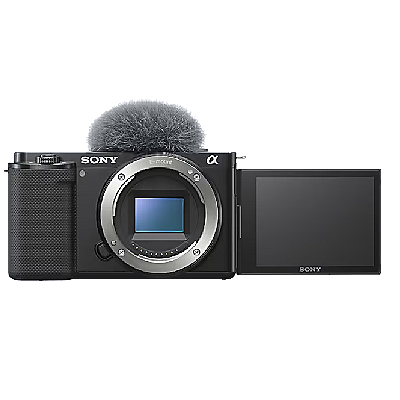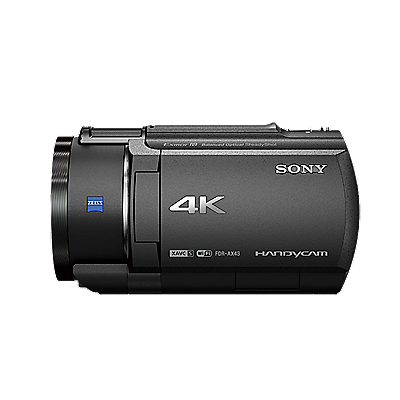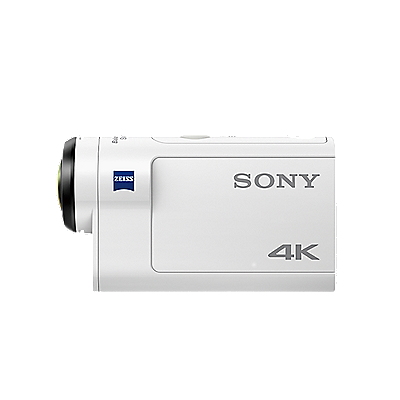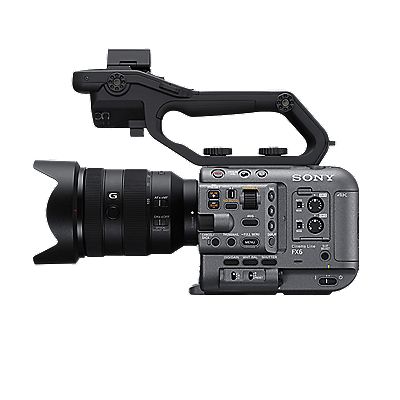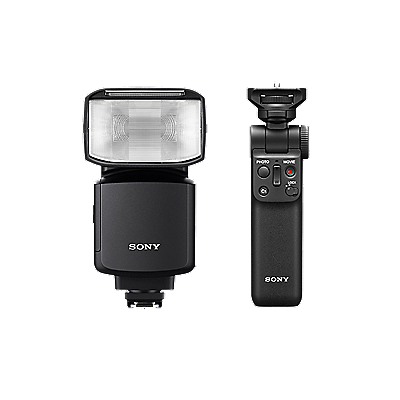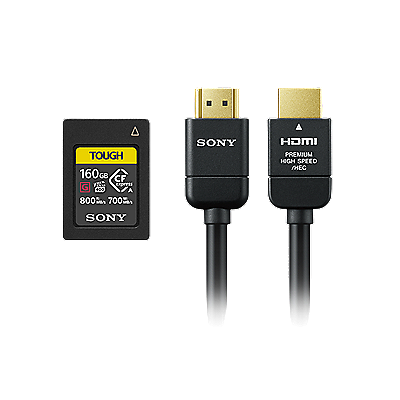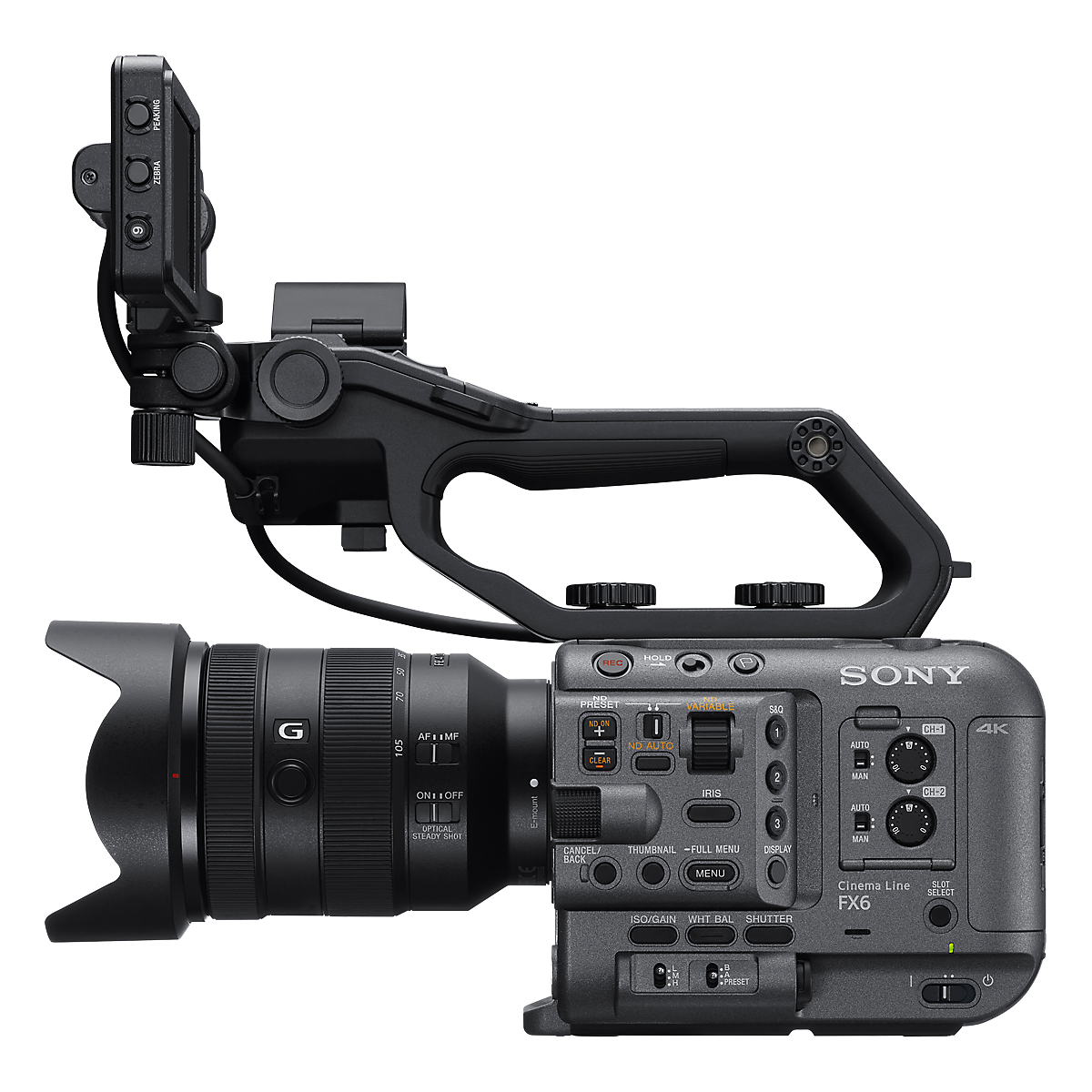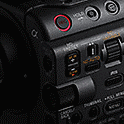Interchangeable-lens Cameras
Interchangeable-lens Cameras
Feature lists

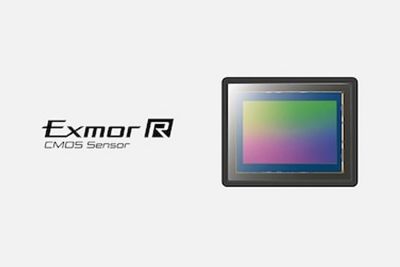
Image sensor with blazing fast readout speed

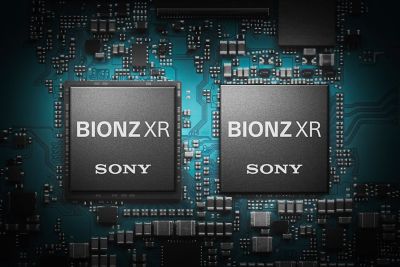
High performance image-processing engine

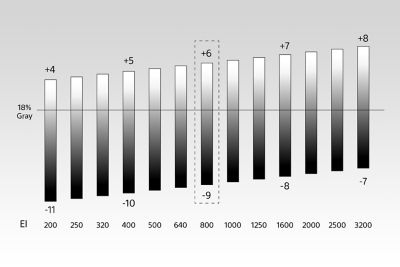
High sensitivity, wide dynamic range


4K0 High Frame Rate 120fps recording


Acclaimed cinematic colour with S-Cinetone™


Preset and User 3D LUT compatibility with Scene File

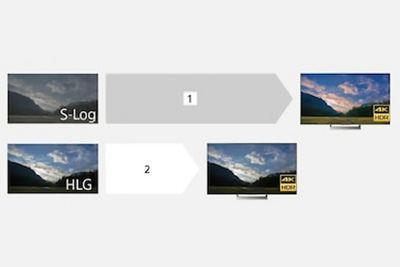
10-bit HLG picture profile
An HLG (Hybrid Log-Gamma) HDR picture profile, complete with the wide-gamut BT.2020 colour space, can be used for direct HDR (HLG) playback on compatible TVs. The result is true-to-life imagery close to what the naked eye can see, with detailed shadows and highlights, less blackout and less whiteout, all without the need for colour grading. In particular, 10-bit recordings reproduce a level of fine gradation and detail for extraordinary realism.
[1] High flexibility to fine-tune images as desired (colour grading required)[2] Instant high-quality image (colour grading not required)


S-Log3 for better reproduction of gradations


Recording movies with 10-bit depth and 4:2:2 colour sampling


De-squeeze display0 for anamorphic lens

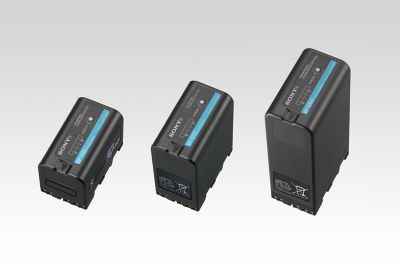
A choice of battery types for different applications

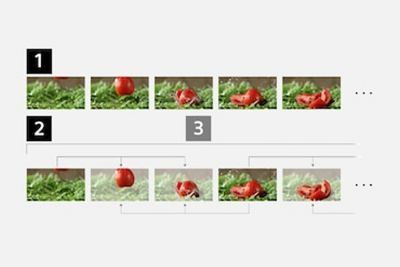
All-Intra internal recording
In addition to Long-GOP inter-frame compression, internal intra-frame (All-Intra) recording is supported0. XAVC 4K Intra recording compresses each frame independently at a high bitrate, up to 600Mbps, so is ideal for capturing complex motion, and allowing maximum flexibility and playback performance during post-production.
[1] All-Intra (All-I) [2] Long-GOP [3] Group of Pictures

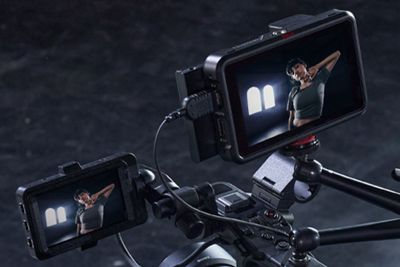
16-bit RAW data output


Proxy recording for more efficient editing workflow


Fast Hybrid AF for dependable focus during movie shooting

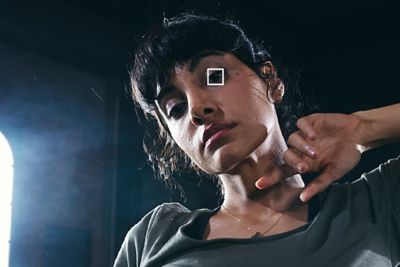
Real-time Eye AF and Face Detection AF

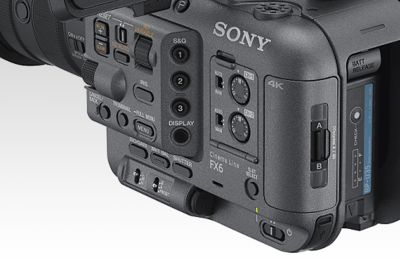
Reliable durability and weather resistance0 in tough situations

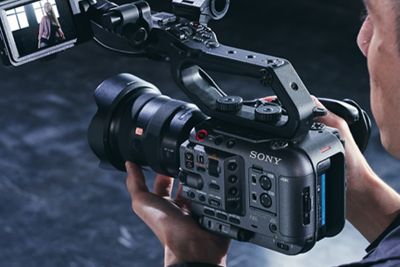
Lens-ring AF subject selection

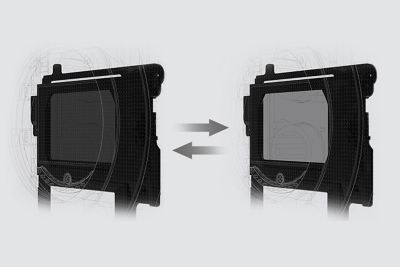
Sony’s powerful electronic Variable ND Filter built in

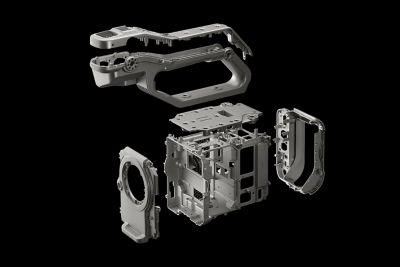
Magnesium alloy body achieves high durability with light weight

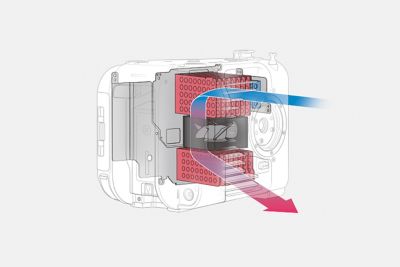
Innovative heat dissipation to prevent thermal shut down

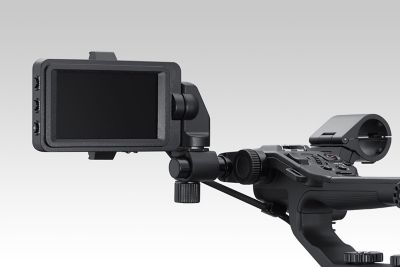
High-definition 2.76 million-dot0 flexible LCD touch panel

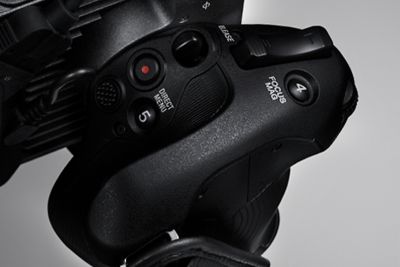
Smart grip

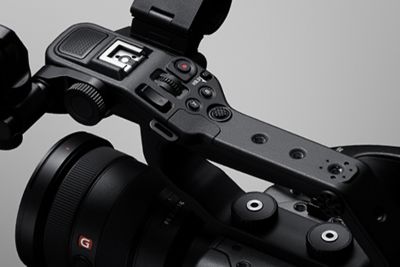
Smart handle

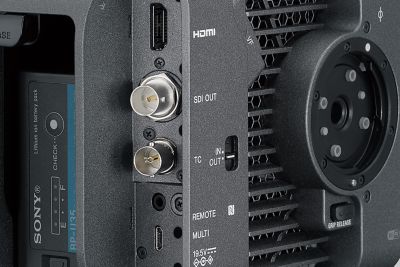
Professional connectivity

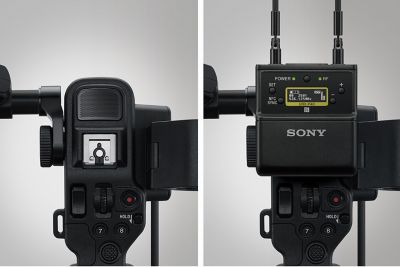
Dual XLR inputs and enhanced audio capability

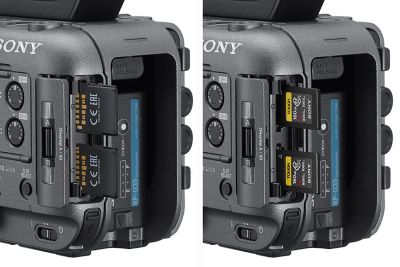
Two CFexpress Type A-compatible media slots

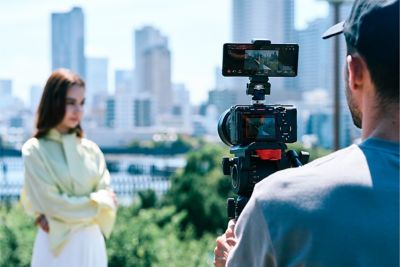
Wireless monitoring and remote control

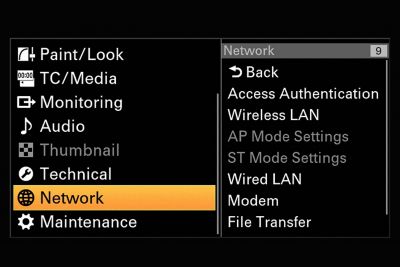
Data communications to support on-site workflow

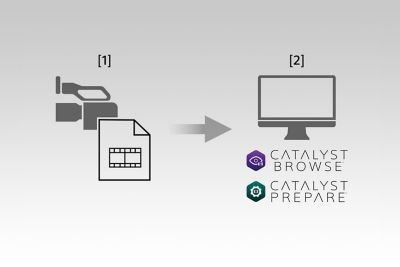
Metadata to facilitate editing with Catalyst
Sony’s Catalyst Browse and Prepare software are ideal production partners for the FX6. The FX6 records five types of metadata: image stabilisation, clip flag, camera rotation, breathing compensation and distortion compensation. These can be useful when previewing and preparing to edit in Sony’s free Catalyst Browse or cost-effective Catalyst Prepare software0.
[1] Shoot [2] Edit
-
ILME-FX6V
ILME-FX6V
Body Only (5.0GHz and 2.4GHz)
